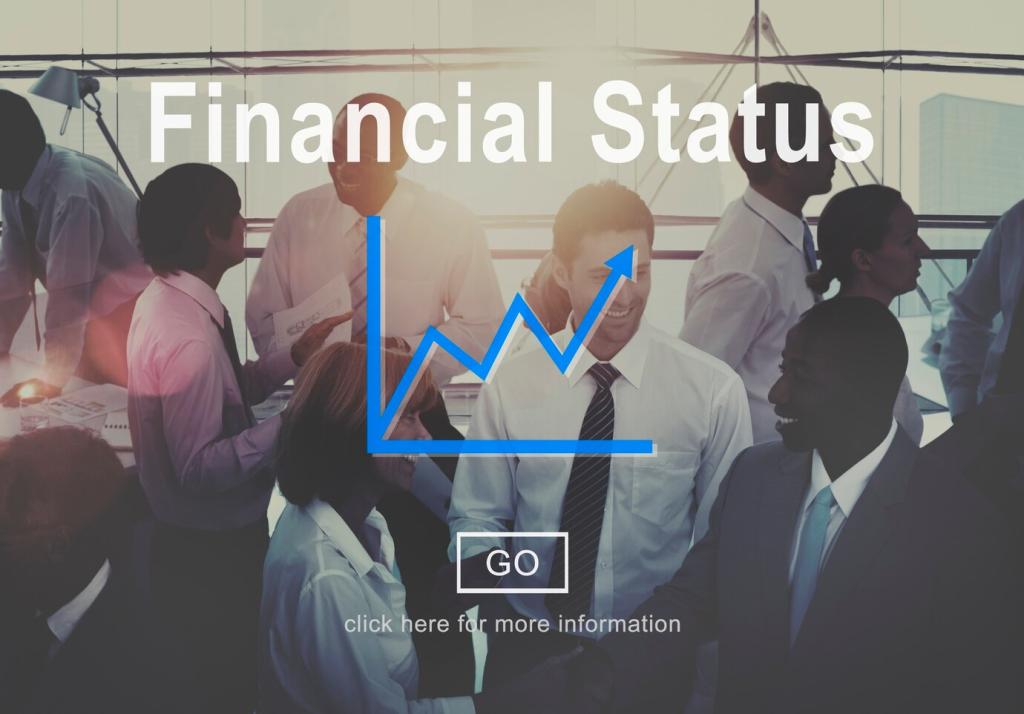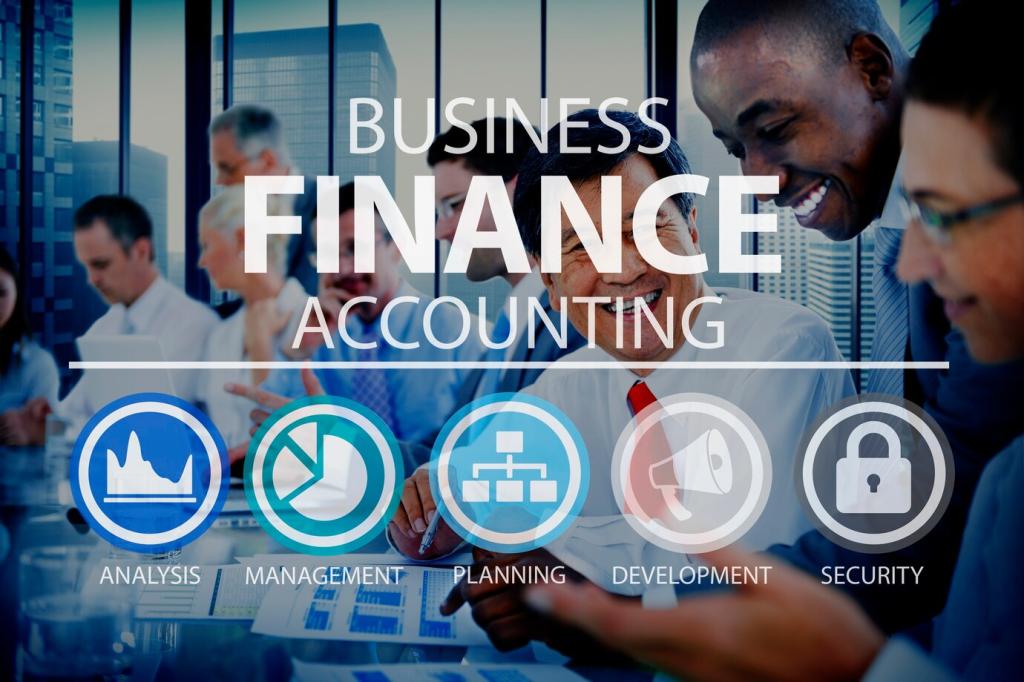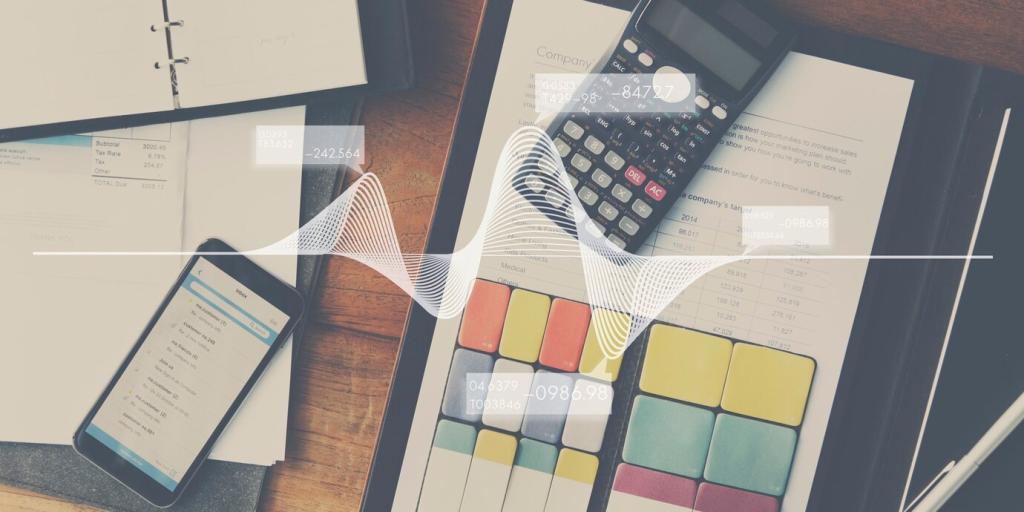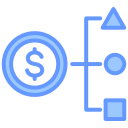Build Your Financial Safety Net: Emergency Funds That Actually Work
Today’s chosen theme: Building a Financial Safety Net Through Emergency Funds. Explore practical steps, candid stories, and simple habits that help you save steadily, stay calm in crises, and invite others to join your progress. Subscribe for weekly prompts and share your first milestone in the comments.

This is the heading
Lorem ipsum dolor sit amet, consectetur adipiscing elit. Ut elit tellus, luctus nec ullamcorper mattis, pulvinar dapibus leo.

This is the heading
Lorem ipsum dolor sit amet, consectetur adipiscing elit. Ut elit tellus, luctus nec ullamcorper mattis, pulvinar dapibus leo.
Defining Your Target: How Much Is Enough?
Calculate the Bare-Bones Baseline
Start with rent or mortgage, utilities, groceries, transportation, insurance, minimum debt payments, and childcare. Exclude vacations and dining out. Multiply that monthly bare-bones figure by three to six for a resilient target.
Life Factors That Adjust Your Number
If your job is commission-based, you’re self-employed, or supporting dependents, aim higher. Stable dual incomes, strong benefits, or accessible family support may justify a slightly lower cushion without sacrificing resilience.
Milestones That Keep You Moving
Milestones keep motivation alive: first $500, then one month, then three, then six. Celebrate each rung. Share your progress with us and invite a friend to join the challenge for accountability.

Building the Fund Without Burning Out
Treat savings like a bill. Schedule an automatic transfer the morning your paycheck arrives, even if it’s small. Removing decisions beats willpower, and tiny deposits stack faster than occasional heroic efforts.
Building the Fund Without Burning Out
Create friction for spending and reduce friction for saving. Use round-ups, cash-back sweeps, and no-spend weekends. Report your favorite micro-win in the comments to encourage others and reinforce your identity as a saver.


Where to Keep Your Emergency Cash
Prioritize liquidity and safety. A high-yield savings account with no monthly fees, quick transfers, and FDIC or NCUA insurance lets your reserve earn a bit while staying ready for real emergencies.

Use it when the expense is necessary, urgent, and truly unexpected, and when skipping payment risks health, housing, safety, income, or essential transportation. If it’s predictable, budget for it; don’t raid reserves.


Emergency Funds for Nontraditional Incomes
Freelancers and commission earners benefit from larger cushions, often six to nine months. Separate tax, operating, and personal emergency buckets. Labeling money by job reduces panic when invoices lag or seasons slow.
